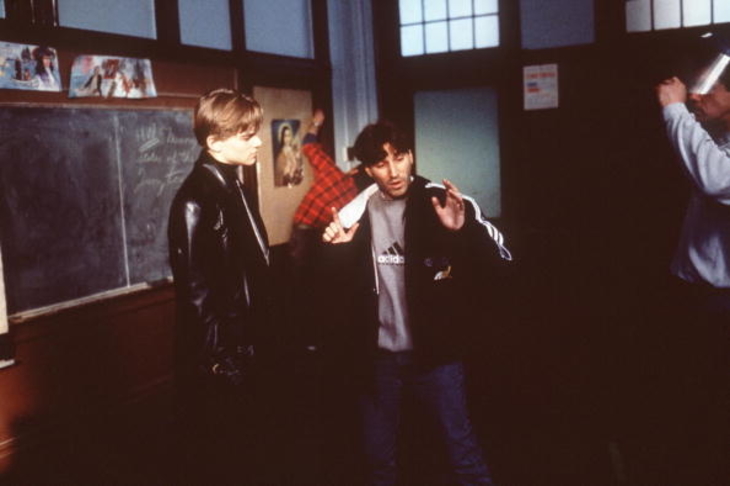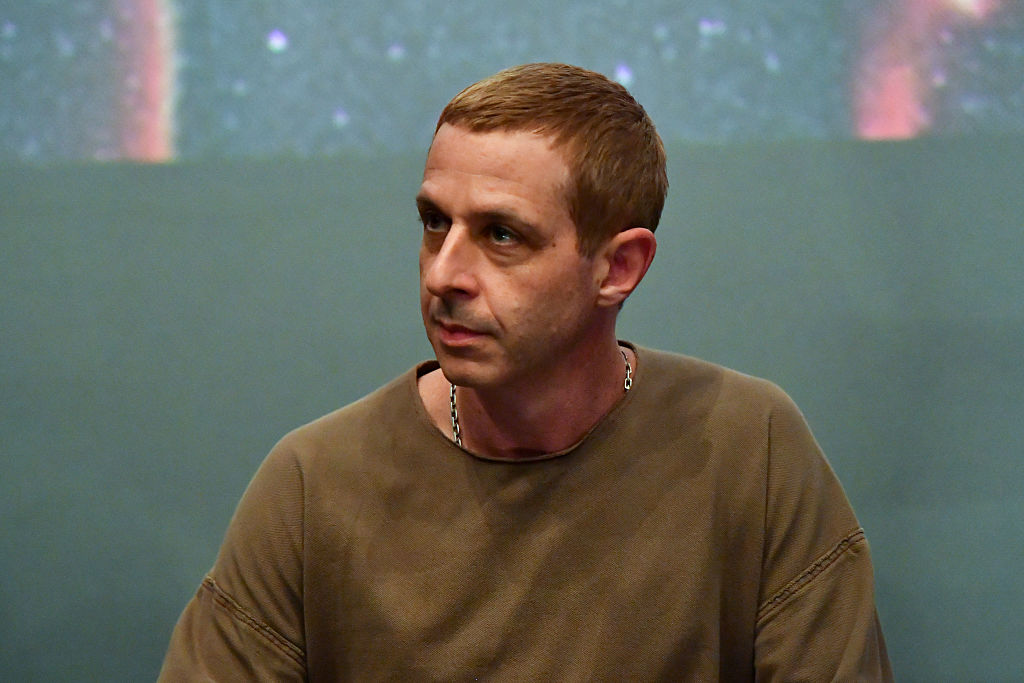This week on the Spectator USA Life ’n’ Arts podcast, I’m casting the pod with Matthew Hennessey. He’s an editor at the Wall Street Journal, and also the author of Zero Hour for Gen X: How the Last Adult Generation Can Save America from the Millennials (Encounter Books). It’s a fascinating read: part-political obituary of a generation that, squeezed between two larger cohorts, the Boomers and the Millennials, may have missed its historical cue; part-rallying cry because, as Matthew explains in our midlife crisis of a conversation, it’s not over yet.
Generation X was raised with the manners and assumptions of the pre-digital world. It came to maturity in a series of shocks in that now-distant decades or so between the end of the Cold War and the attacks of 9/11. And now, as Hennessey says, it is at risk of superannuation by the generation-skipping powers of the Millennials. Is the world, as Dean Martin sang when the Boomers were still to boom, ‘still the same’? Or has it changed so completely that Gen X have nothing to tell the whippersnappers of Silicon Valley?
Hennessey advises his generation to apply the undervalued skills of their social education: ‘the analog, bricks-and-mortar, flesh-and-blood world that formed me, you, and everyone over the age of 40 had many virtues; chief among them was the chance to be what you are — namely, a human being who enjoyed living alongside and in contact with other human beings’. Gen X can remember the time before the cellphone, so it knows one crucial thing better than the Millennials do: how to turn off the machines and escape the digital envelope. He offers some simple but effective solutions for disconnecting from the imaginary world and reconnecting to real life: Put down the phone, turn off the computer, subscribe to a newspaper or magazine, take a walk.
‘Do not go quietly into the good night of millennial domination, whether in your professional or personal life,’ he writes. ‘Stand up for regular order, face-to-face meetings, and systems that reward merit over all else. Celebrate experience. Find a way to promote humanistic values. Don’t let childish ignorance or the promise of a utopian future steamroll your sense of right and wrong. Give as good as you get, even as the gray hairs form on your temple, as technological change outpaces your ability — and desire — to keep up, and your 20/20 vision begins to blur. Gen X may be small, but we are tough. Our specific experience should allow us to punch above our weight.’
Hennessey ends with a clarion that will spread fear across the dance floors of Millennial America:
‘It’s zero hour. Don’t just stand there. Bust a move.’

























